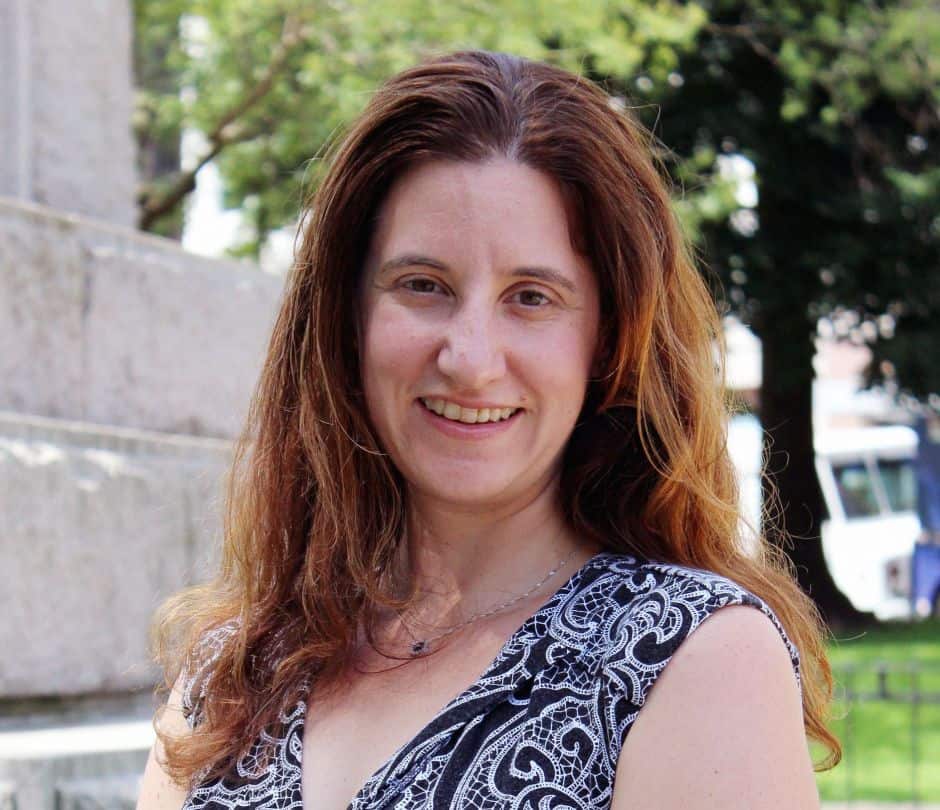Introduction
Revenue at the Center to Protect Patient Rights, once a nerve center of the Koch brothers-affiliated nonprofit network, plunged in 2013, a non-election year, according to new federal tax filings reviewed by the Center for Public Integrity.
The Center to Protect Patient Rights reported just $2.2 million in income during 2013, the group’s lowest haul ever for one year.
Comparatively, the group raised $146.6 million during 2012, when it helped fund numerous groups active during presidential and congressional elections.
The group is a “social welfare” nonprofit organized under section 501(c)(4) of the U.S. tax code. That means it is not required to reveal the identities of its donors. Likewise, while it may not have a “primary purpose” of engaging in political activity, it is allowed to engage in politics as part of its overall activities.
And engage in politics it has, albeit indirectly: the Center to Protect Patient Rights has given hundreds of millions of dollars to other nonprofits since its 2009 formation, much of which appears to have been spent on election ads and political activity.
In 2013, Center to Protect Patient Rights, which earlier this year changed its name to American Encore, reported receiving all its money from just four donors who gave $1.78 million, $265,000, $150,000 and $40,000, respectively.
It reported expenses last year totaling more than $9 million, far higher than its revenue, and gave $4.6 million, more than it raised, to other nonprofit organizations.
Roughly a quarter of the grant money, about $1.33 million, went to a group called Prosper, Inc., another 501(c)(4) nonprofit.
Prosper Inc. was founded in 2013 by Kirk Adams, a former speaker of the Arizona House of Representatives, who this month was appointed as the new chief of staff to Arizona Gov.-elect Doug Ducey, a Republican.
The Center to Protect Patient Rights reported giving $529,000 to another Koch-affiliated nonprofit, the 60 Plus Association.
Both Prosper Inc. and the 60 Plus Association poured money into an Arizona campaign aimed at making customers who use solar power pay more.
In October 2013, Arizona Public Service Co., the state’s largest utility, publicly acknowledged funneling money to the two nonprofits as part of its campaign against solar and said it had given the money through consultant Sean Noble and his for-profit firm, DC London. The state’s energy regulator eventually adopted a compromise rate.
Noble in 2013 was Center to Protect Patient Rights’ president, treasurer and executive director, according to the group’s tax filing, and one of only three Center to Protect Patient Rights directors. He did not immediately respond to questions from the Center for Public Integrity.
Update, 10:51 a.m., Dec. 16, 2014: Ray Brooks, a spokesman for Arizona Public Service Co., said in an e-mail that the company doesn’t discuss individual contributions, but supports “causes that are pro-business and supportive of a sustainable energy future for Arizona.”
When asked whether Arizona Public Service Co. was the original source of the money for the Center to Protect Patient Rights’ payments to the 60 Plus Association and Prosper Inc., Brooks said, “That’s a question for Sean Noble.” Noble continued to not return messages seeking comment.
The Center to Protect Patient Rights’ money appears to have made up nearly 85 percent of Prosper Inc.’s $1.57 million in revenue in 2013, according to a Center for Public Integrity analysis of the group’s 2013 tax filing, available on the Citizen Audit web site.
Center to Protect Patient Rights made a larger grant, $2.4 million, only to Americans for Responsible Leadership, another Koch-affiliated nonprofit headed by Adams that, in the past, has received almost all of its money from the Center to Protect Patient Rights.
The Center to Protect Patient Rights made smaller grants to other politically active nonprofits, including American Commitment ($45,000), Americans for Prosperity ($225,000) and the Republican Jewish Coalition ($15,500).
In addition, it paid Noble’s firm, DC London, $2.1 million, according to its tax filing.
In 2011, another non-election year, the Center to Protect Patient Rights reported raising $25.3 million — much less than it has during election years but significantly more than it generated in 2013.
Read more in Money and Democracy
Primary Source
FEC gets modest budget boost
Election watchdog’s 2015 funding level reverses years of cuts
Primary Source
Jeb Bush explores White House bid — unconventionally
Instead of traditional presidential exploratory committee, he’ll form a leadership PAC

Join the conversation
Show Comments